health
April 5, 2016
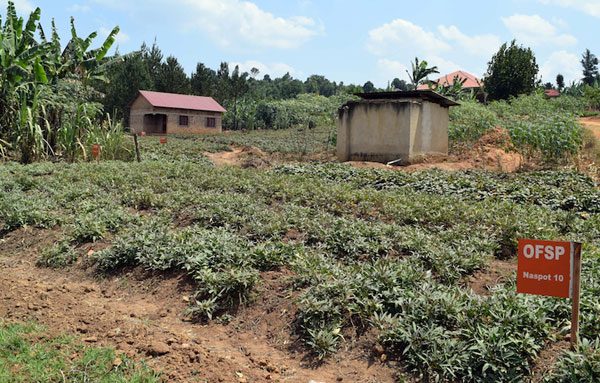
Published by Tarini Mohan at Apr 05 2016
Categories
Albrecht Dürer’s masterful woodcut, ’Four Horsemen of the Apocalypse’ is drawn from the Book of Revelation, the last book of the Bible’s New Testament. In it, the horsemen ride on red, black, white and pale horses, symbolising war, famine, conquest and death.
January 27, 2016

Published by Asif Saleh at Jan 27 2016
Categories
It has been a few days since Dr Mahabub Hossain has left us. As more and more people are remembering him, it is clear what a profound impact he had on those he crossed paths with. As a leader, Dr Mahabub’s contribution was immense in BRAC as well.
September 12, 2015
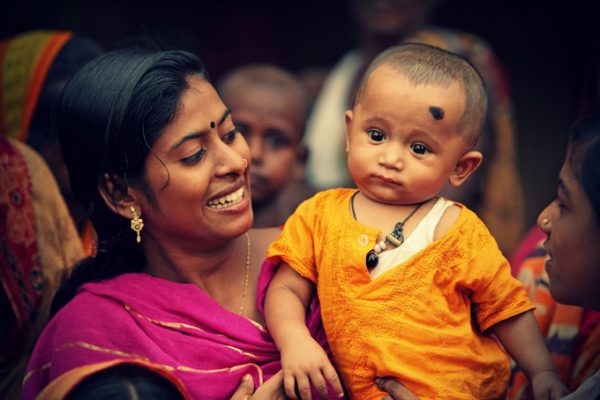
Yet like any ambitious set of targets, not all the MDGs were fully met by many countries. Rather the goals worked as a framework upon which they could build their development policies and translate the policies into action. Let’s focus on one tiny target of a goal, yet one whose impact on the coming generations is most persisting: undernutrition. Undernutrition, a form of malnutrition, is a deficiency of calories of one or more essential nutrients. Two of the most used indicators to measure undernutrition are underweight and stunting.
June 15, 2015
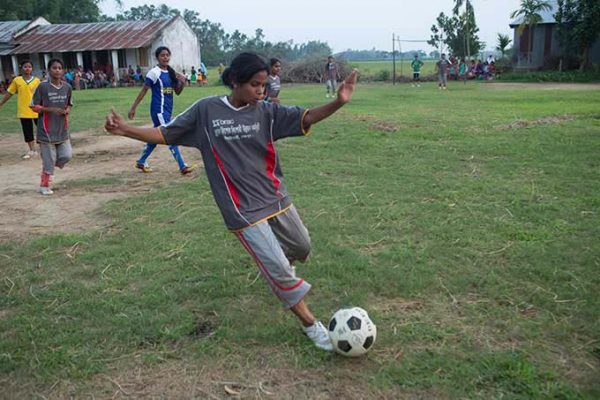
Published by Anushka Zafar at Jun 15 2015
Engaging in sports intrinsically makes you more mindful about your body. You may start speculating how to be healthier – a good entry point for inquiring about your general well-being. For adolescent girls in marginalised communities, these questions can lead to discussions about more sensitive topics, particularly sexual and reproductive health.
May 25, 2015

Published by Katie Allen at May 25 2015
Traditional hospital-based services are not able to reach some of the world’s poorest and most remote villages. Over one billion people globally, including 400 million Africans, lack access to health services because they live too far from a health facility. Rural communities know that if a child becomes ill, the long walk for treatment could potentially turn a minor ailment into a serious health problem.
March 12, 2015
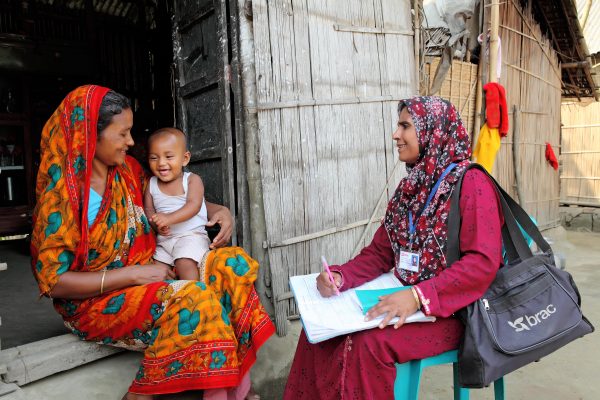
Published by Kazi Amit Imran at Mar 12 2015
Categories
Often community health workers (CHWs) are promised incentives for their work, but the complicated, protracted, and at times, insecure process of disbursing funds is demotivating. USAID’s Mobile Alliance for Maternal Action (MAMA) project, with the help of USAID’s mSTAR project implemented by FHI 360, pilot tested a transition from cash to mobile financial services.
January 13, 2015
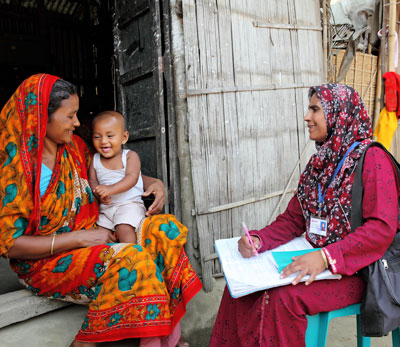
Published by Tapash Roy at Jan 13 2015
There is a lot of room for innovation when it comes to health. In a resource-poor country like Bangladesh, effective and low-cost preventive and basic curative interventions can save millions of lives. If they are rooted in community demand and context, they can be implemented at a great scale.
November 29, 2014
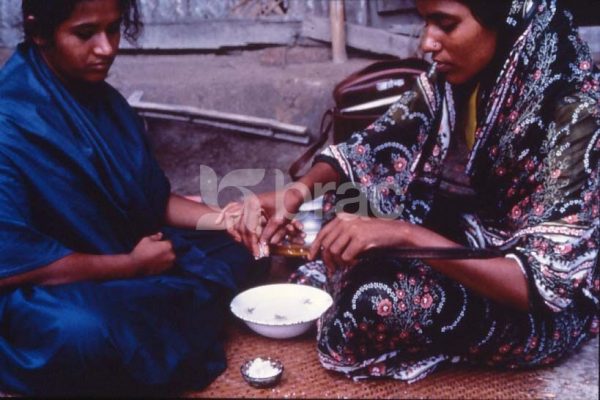
Published by Dr Mushtaque Chowdhury at Nov 29 2014
Diarrhea caused by contaminated water is the single greatest killer of children in much of the world. In the 1980s, the Bangladesh-based organization to which I belong, BRAC, ran a program that helped reduce children's deaths from diarrhea by 80 percent nationwide. The project was fraught with difficulties and challenges, taking a decade to complete. Looking back years later, I think the experience holds important lessons that apply far beyond public health.
September 29, 2014
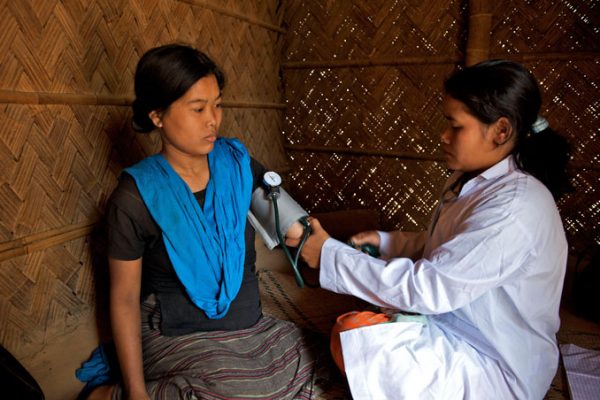
Published by Maeesha Saiara Khaled at Sep 29 2014
Heart disease is often regarded as a problem that a person is born with, or something that eventually happens in older adults. Non-modifiable risk factors like advancing age and family history are not the only reasons for heart disease. In fact, 80 per cent of premature deaths from cardiovascular disease could be avoided if modifiable risk factors like tobacco use, unhealthy diet, physical inactivity, high blood pressure (hypertension), diabetes and raised lipids are addressed.
August 19, 2014
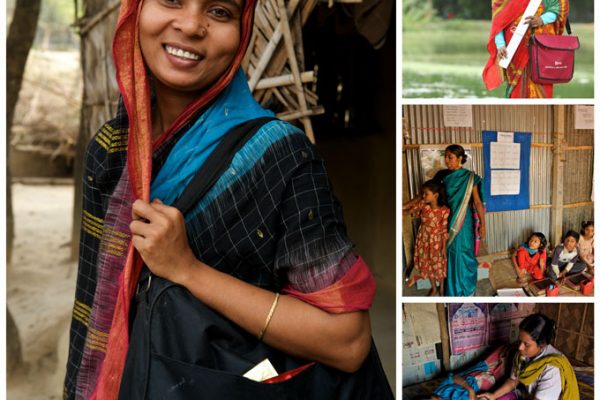
Published by Miftahul Jannat Chowdhury at Aug 19 2014
As we read this, there are millions of people in different corners of the world who are unsure if they will wake up alive in the morning due to their inhabitancy in conflict-ridden regions. There are people who brace themselves every morning to face another day of poverty or wonder if they will be able to afford medicine for their children.
August 15, 2014
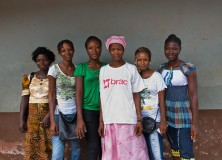
Published by Scott MacMillan at Aug 15 2014
Friends and supporters have reached out to BRAC with concern and support. In Sierra Leone and Liberia, we have 907 full-time staff, and about as many self-employed community health promoters. Our staff is safe, though sadly, some of our microfinance clients are among the more than 1,000 who have died.
July 23, 2014
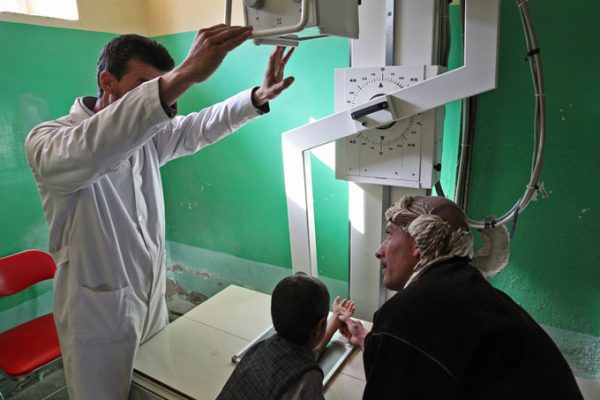
Published by Nazes Afroz at Jul 23 2014
It was Monday, a bazaar day at Qarabag. Hundreds of people were milling about the market, which stretches along one of the roads of the junction. They were buying clothes, daily essentials and food. On these days, the number of visitors at the BRAC-managed district hospital also doubles.

